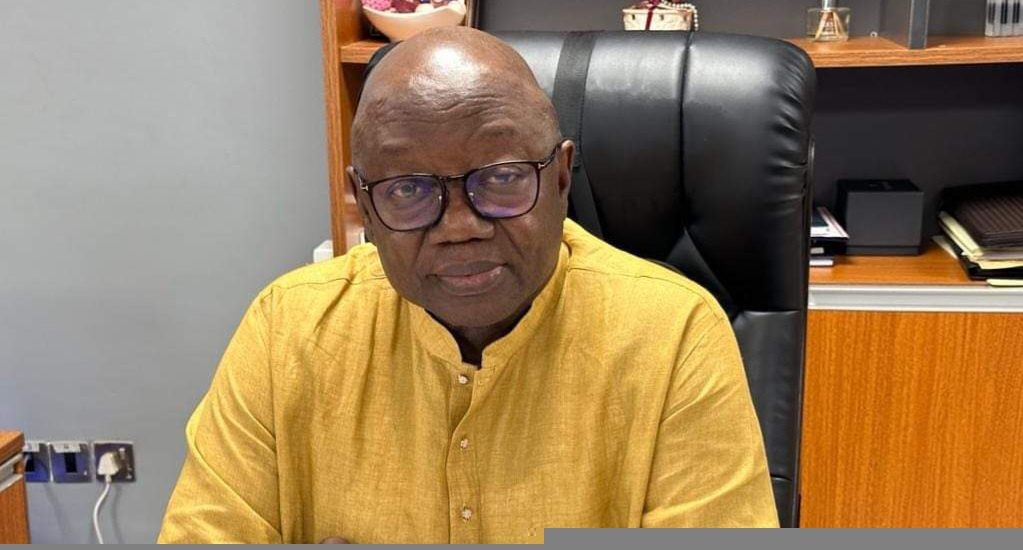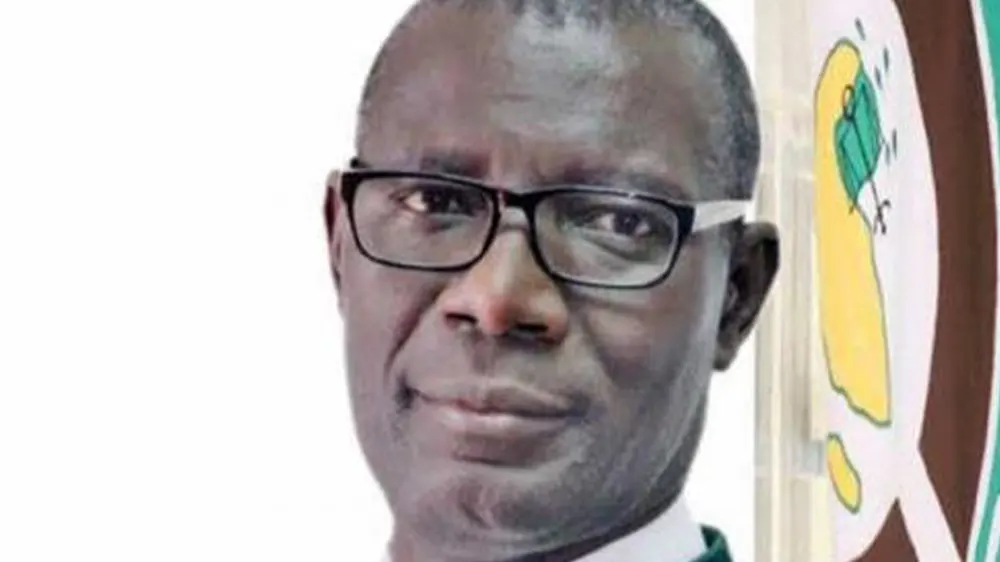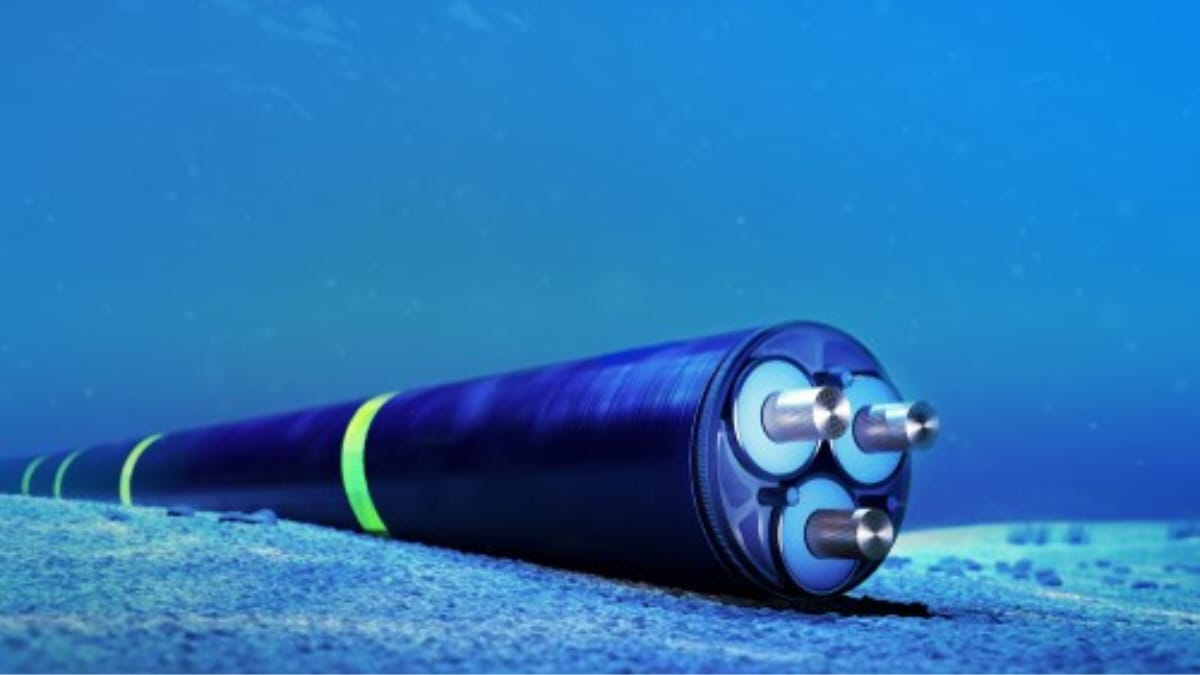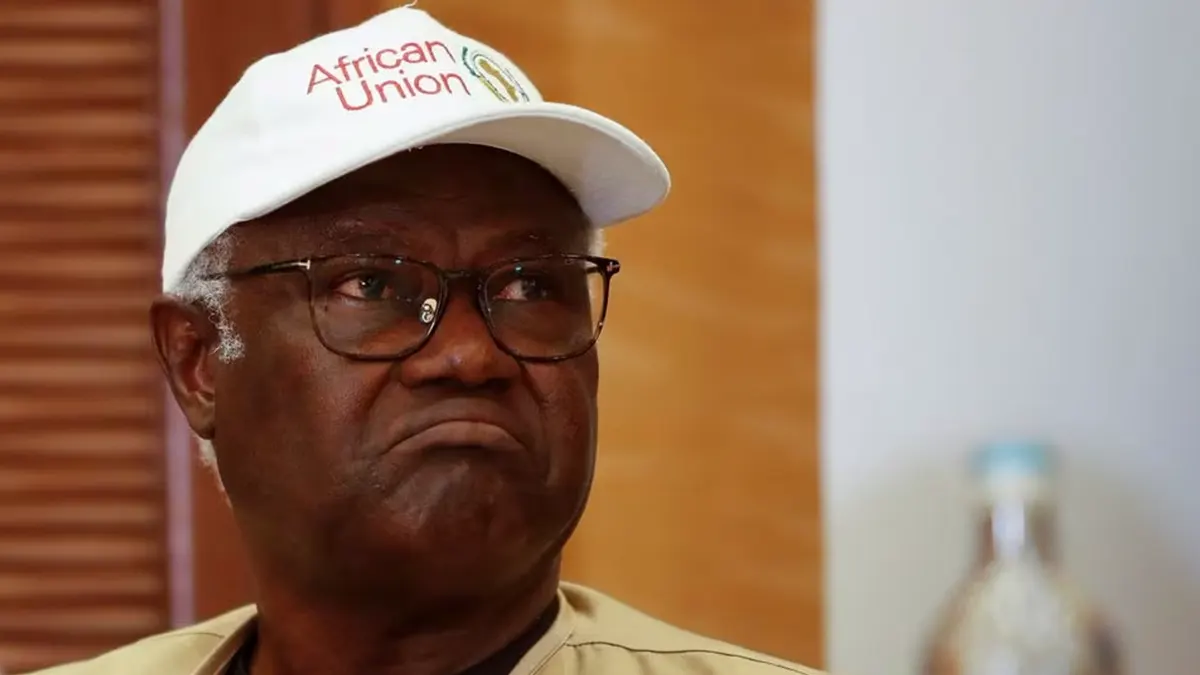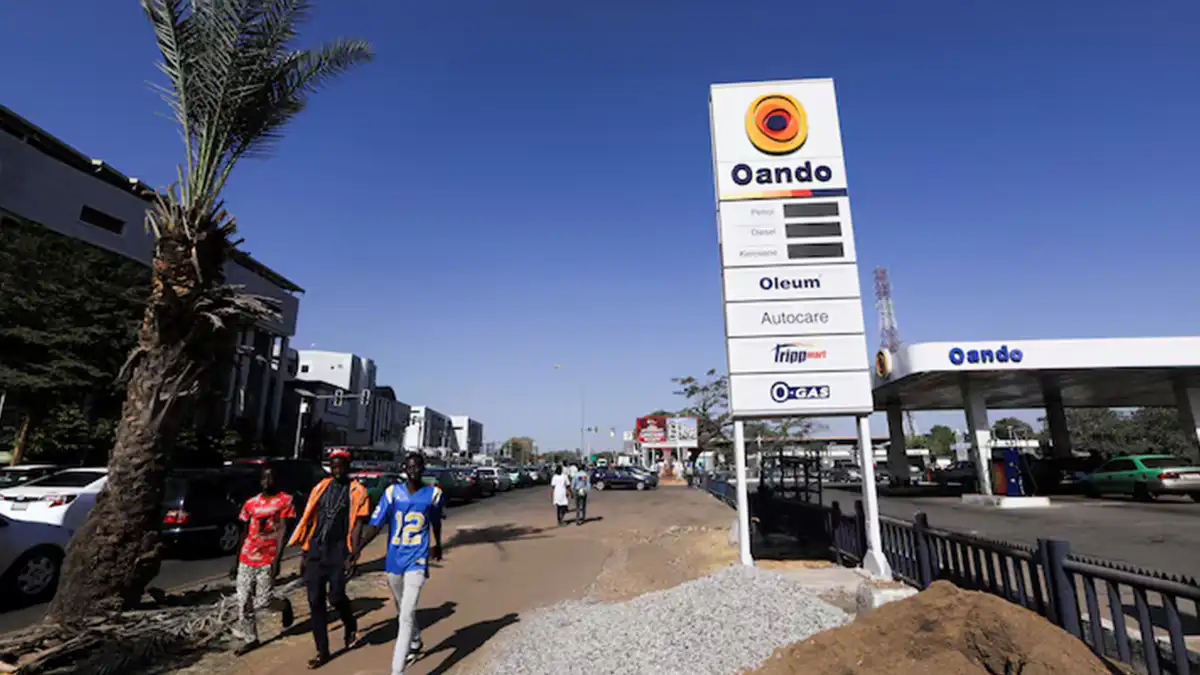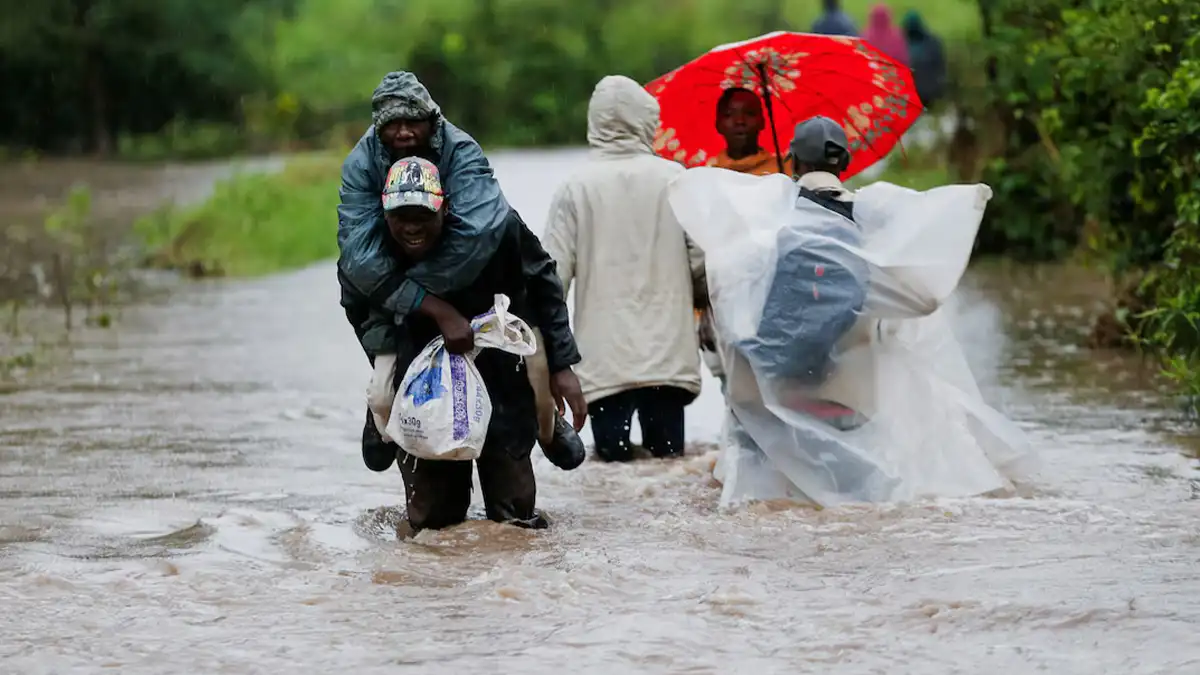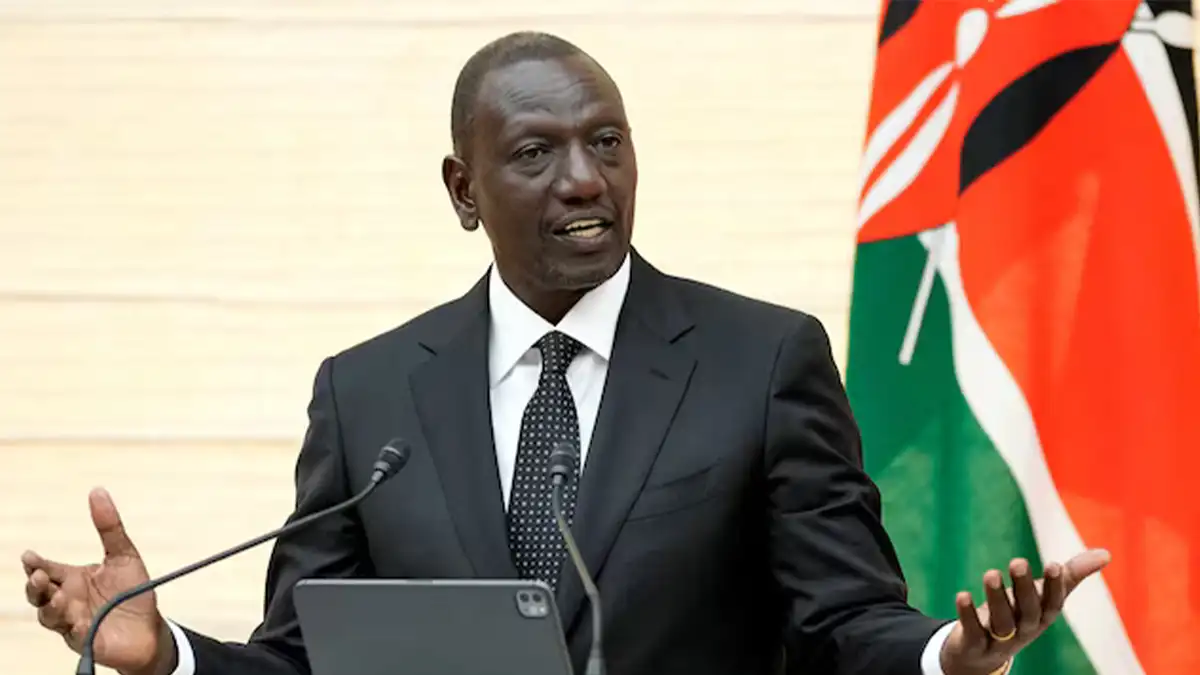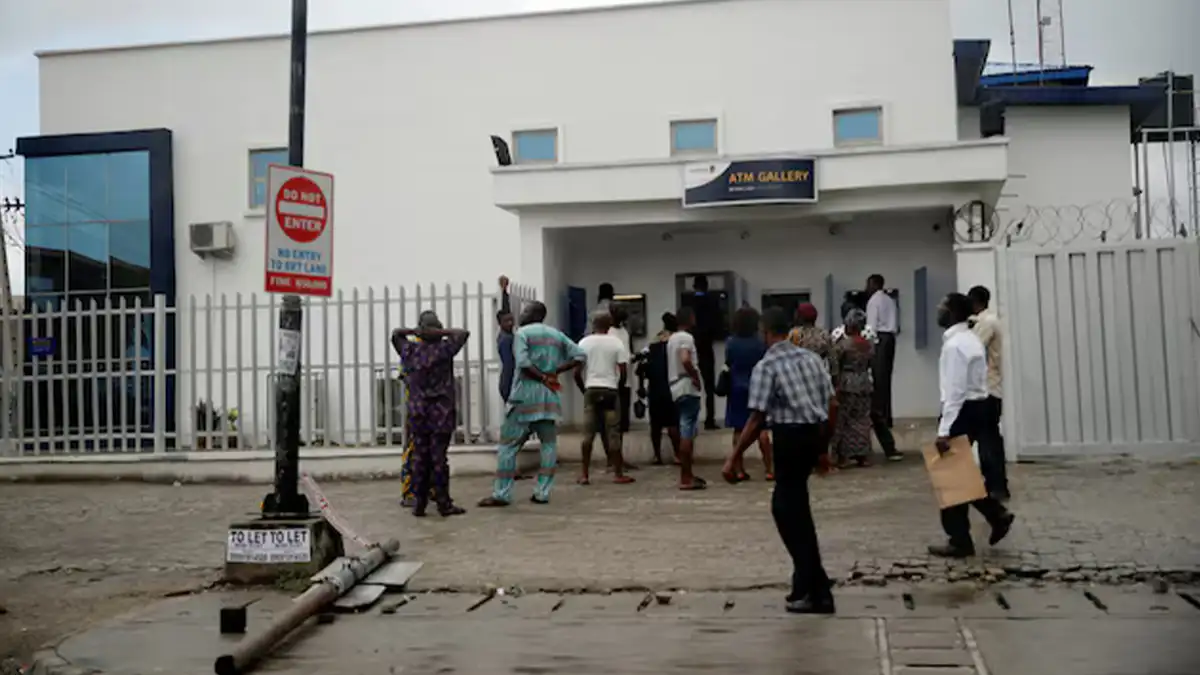Sierra Leone's Energy Minister, Kanja Sesay, tendered his resignation on Friday amidst a protracted electricity crisis that has plagued the nation for weeks. Sesay's departure coincided with the government's announcement of partial payment towards the tens of millions of dollars owed to energy providers.
In his resignation letter, Sesay assumed full responsibility for the ongoing crisis, acknowledging the severity of the situation. Following his resignation, President Julius Maada Bio's office disclosed that the energy ministry would now come under the direct supervision of the president.
The same day, the government revealed that it had disbursed $17 million of the $48 million debt owed to Turkey's Karpowership, the primary electricity provider for the capital, Freetown. Confirming the payment, a spokesperson for Karpowership informed Reuters that full electricity supplies had been reinstated to the capital.
“We are pleased to confirm that the power supply at full capacity to Sierra Leone has been restored,” the company stated in a release.
Since mid-April, Freetown and several other major cities including Bo, Kenema, and Koidu, have endured prolonged periods without electricity. Karpowership, citing outstanding payments, had reduced supplies from 60 megawatts to merely six megawatts, exacerbating the situation.
Previously, in September, Karpowership had suspended electricity supply to Freetown due to an unpaid debt of approximately $40 million, as per authorities.
The impact of the electricity crisis on vital services such as healthcare has been profound. Dr. Jeredine George reported at least one infant fatality at the main children's hospital attributed to the blackout. Medical professionals resorted to using mobile phone torches during procedures amidst the power outage.
In addition to the payment to Karpowership, the government disclosed a $1.5 million settlement to TRANSCO-CLSG, another electricity provider serving the southern and eastern regions of the country. However, Reuters could not independently verify the total sum owed to TRANSCO-CLSG.
The partial payment and subsequent restoration of electricity supplies offer a glimmer of hope for Sierra Leoneans grappling with the dire consequences of the prolonged energy crisis. Nevertheless, the government faces mounting pressure to address systemic issues within the energy sector to prevent future disruptions and safeguard essential services.

